A Canvas, Some Paint—and a Famous Artist Has Changed the Game of Cardiac Rehab
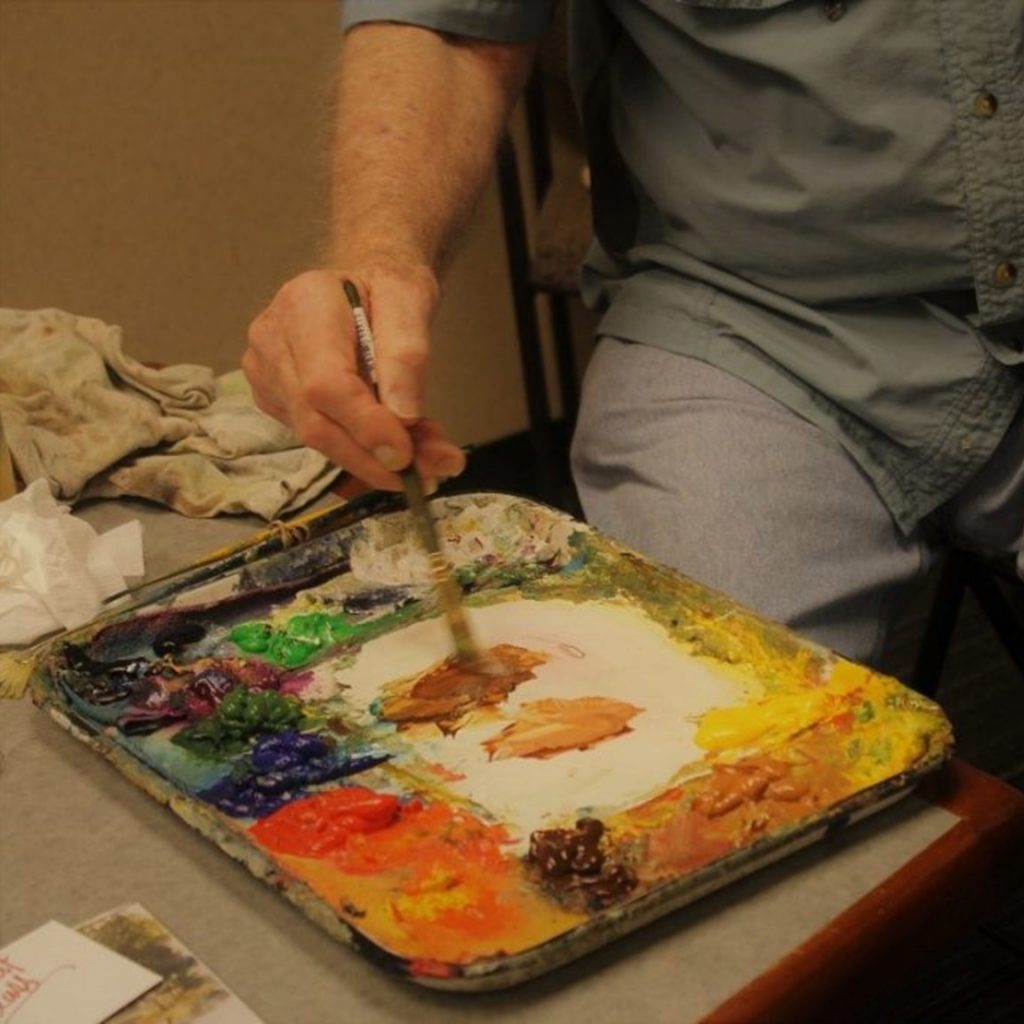
Sarah Smith, SPT, and Kathy Lee Bishop, PT, DPT, report on Art with Heart, a creative program for patients recovering from cardiac surgery. The classes, initiated by artist Wayland Moore following his own triple-bypass surgery, address the healing of the minds and souls of recovering patients.
Healing from ‘Brokenness’: The Story of Corinne
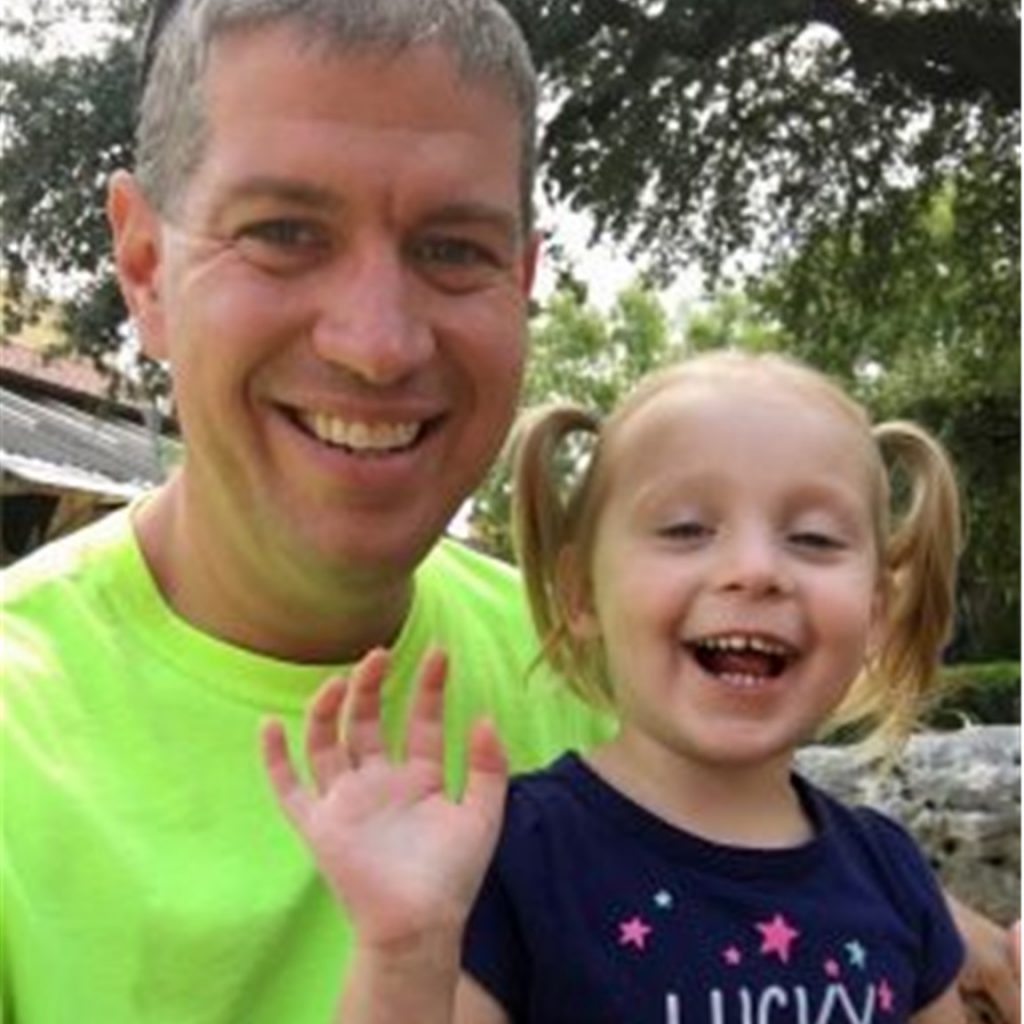
In this tender account of his family’s fostering and later adoption of Corinne, a physically traumatized infant born with neonatal abstinence syndrome, Chad Jackson, PT, DPT, OCS, details how a healthcare provider’s empathy, empowerment, and connection form a crucial aspect of the healing process.
Resources: Spring 2018

Download the article (pdf) Table of Contents What We’re Watching Creating Autonomy-Supportive Learning Environments What is wrong with our current educational system? Why do we so tightly control the environments and choices with learning environments that stifle creativity and ingenuity? In this TED Talk, Jon Stolk, PhD, describes how changing our current education practices can […]
Inside “Christina’s World”

Working with medical students at Penn State University, J.O. Ballard, MD, uses the art of Andrew Wyeth to sharpen their observational skills and help them develop an empathic understanding of the patient’s lived experience of illness.
Personhood, Embodiment, and Disability Bioethics in the Healing Narratives of Jesus
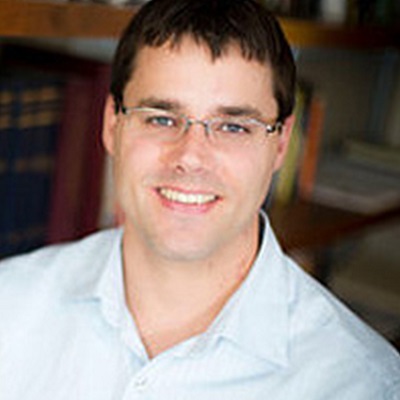
Catholic bioethicist Cory Labrecque, PhD, discusses the healing narratives of Jesus as a rich resource for Christian patients and their caregivers as they pursue meaning and the preservation of personhood following life-changing illness or disability.
The Game

In her poem “The Game,” Anju Kanwar marks the slow progress of time one experiences when haunted by painful thoughts and memories, in the early-morning hours of solitude following a loss.
Imprisoned
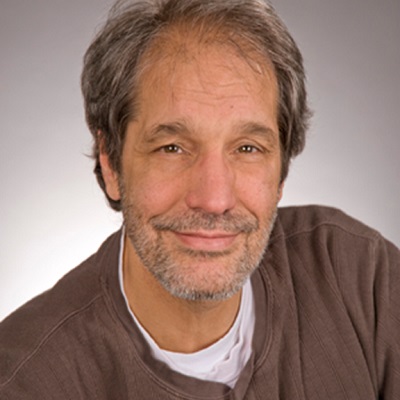
Vivid, sensorial reflections–of sight, of sound, of touch–create an intimately familiar and entirely unique lyric contemplation on memory and an imagined life-changing injury in Bruce H. Greenfield’s “Imprisoned.”
What Can Be Learned From Relationships Between People With and Without Disabilities: Inter-Abled Relationships
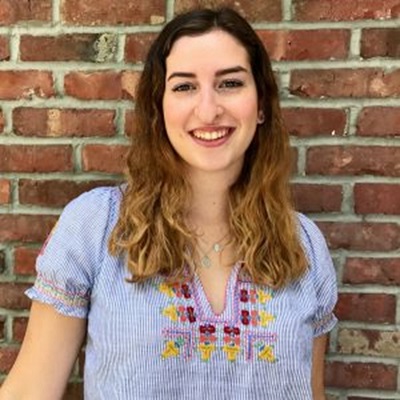
Undergraduate students at Emory University interviewed individuals in three unique relationships to shed light on the diverse impacts disability has on differently-abled people within relationships.
Two Dreams about Losing My Body
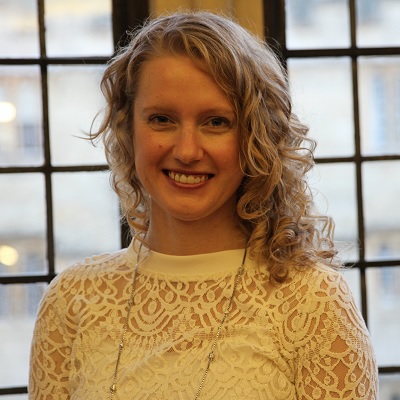
Body, my house my horse my hound, what will I do when you are fallen…? Johanna Lutrell, PhD, describes the experience of losing her body after a sudden onset of Guillain-Barre Syndrome.
The True Weight of Stigma
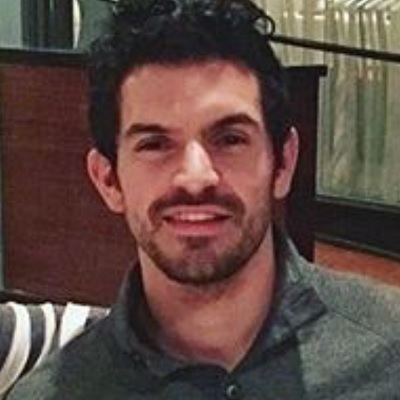
In a thoughtful and sensitive report, physical therapist Cameron Jadali discusses the lessons learned in his interaction with an overweight patient–reflecting on his previously unrealized biases regarding weight.

